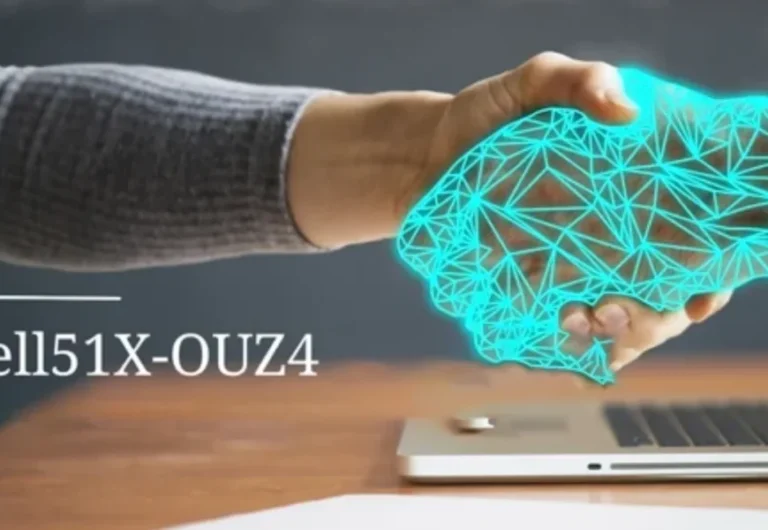Introduction to Depression and Its Prevalence
Depression is a silent battle that many people face. It affects millions, cutting across all demographics and walks of life. The weight of despair can feel unbearable, often leading to isolation and hopelessness. But what if there was a way to find moments of relief amid the darkness? Enter gaming—a world filled with possibilities where challenges can spark joy, foster connections, and offer therapeutic benefits.
As we explore how various games can help combat depression, we’ll uncover different avenues for distraction and mental engagement. Whether you’re seeking problem-solving opportunities or social interaction, there’s likely a game out there tailored just for you. Let’s dive into the realm of gaming as an unexpected ally in managing mental well-being!
How Games Can Help in Combating Depression

Games can be a powerful ally in the battle against depression. They create immersive worlds where individuals can escape their daily struggles, if only for a little while. This temporary distraction allows the mind to reset and recharge.
Engaging with games often provides mental stimulation that helps combat negative thought patterns. Whether it’s solving puzzles or navigating complex storylines, each challenge requires focus and creativity. This shift in attention can foster positive emotions and provide a sense of accomplishment.
Additionally, many games encourage social interaction through multiplayer modes or online communities. Connecting with others who share similar interests fosters support and belonging, which are crucial for emotional well-being.
In short, gaming offers more than just entertainment; it serves as an interactive tool for healing and growth during difficult times.
The Role of Distraction and Mental Stimulation
Distraction plays a vital role in managing feelings of depression. When the mind fixates on negative thoughts, it can create a downward spiral that feels impossible to escape. Engaging with games provides an effective way to redirect focus.
Mental stimulation is another powerful tool. Games challenge us to think creatively and solve problems, diverting attention from distressing emotions. This engagement can spark joy and motivation often lost in depressive states.
Moreover, immersing ourselves in gameplay allows for temporary relief from anxiety and sadness. It creates a sanctuary where worries fade away, if only for a little while.
Whether it’s navigating through intricate storylines or competing with friends online, these experiences stimulate our brains positively. Each level completed or puzzle solved contributes not just to distraction but also builds resilience against overwhelming emotions.
Games That Focus on Problem-Solving and Goal-Setting

Puzzle games and strategy titles often emphasize problem-solving and goal-setting. These games challenge players to think critically while providing a sense of achievement upon completion.
Consider games like “Portal” or “The Witness.” They require creative thinking and persistence, pushing players to explore new solutions. Every level completed fosters confidence.
Another great option is “Stardew Valley,” where you manage a farm. This game encourages setting short-term goals—like harvesting crops—while also promoting long-term planning for farm expansion.
Players learn to navigate obstacles, reinforcing resilience in real life. Engaging with such challenges can distract from negative thoughts while fostering important skills that translate beyond the screen. The satisfaction of overcoming hurdles in-game mirrors victories one might face outside it as well.
Games That Promote Social Interaction and Connection
Social interaction is vital for mental health. Games that encourage teamwork and connection can be especially beneficial for those struggling with depression.
Online multiplayer games allow players to engage with others, fostering a sense of belonging. Titles like “Among Us” or “Fortnite” create opportunities for collaboration and communication. Players work together to achieve common goals, which helps build friendships.
Even casual mobile games offer social features that enhance connection. Many allow friends to join in on challenges or share achievements, making the experience more enjoyable.
Board games are another excellent option. They bring people together in person and stimulate conversation and laughter. Engaging face-to-face provides an emotional boost that virtual interactions sometimes lack.
Whether it’s through consoles, PCs, or tabletop setups, these gaming experiences facilitate essential connections while providing joy during tough times.
The Benefits of Gaming for Self-Care and Relaxation

Gaming offers a unique avenue for self-care and relaxation. Immersing yourself in virtual worlds can provide an escape from everyday stressors.
The act of playing games allows you to take a break, focusing your mind on challenges rather than worries. This shift in concentration helps alleviate feelings of anxiety.
Moreover, many games are designed with calming aesthetics and soothing soundtracks that promote tranquility. Engaging with these elements can significantly enhance your mood.
Games also encourage mindfulness. Players often find themselves lost in the moment, fully engaged with their gameplay experience. This present-moment awareness is a powerful tool against intrusive thoughts associated with depression.
Whether it’s crafting, exploring or strategizing, gaming serves as both an enjoyable pastime and a method of self-care—offering comfort when it’s needed most.
Conclusion: The Power of Gaming as a Therapeutic Tool for Depression

Gaming can be more than just a pastime; it can serve as a powerful therapeutic tool for those grappling with depression. The unique blend of distraction, mental stimulation, and social interaction offered by various games creates an environment where players can find solace and connection. Engaging in problem-solving challenges or achieving goals can provide a sense of accomplishment that often feels elusive during difficult times.
Moreover, the interactive nature of gaming encourages relationships and community building. Many individuals suffering from depression struggle with isolation. Through multiplayer experiences or online communities, gamers have the opportunity to forge meaningful connections that help alleviate feelings of loneliness.
The act of playing games itself serves as a form of self-care. It provides an escape from negative thoughts while promoting relaxation and mindfulness—a crucial balance everyone needs in their lives.
As we explore ways to manage mental health issues such as depression, recognizing the potential benefits of gaming is vital. Games that offer enjoyment alongside therapeutic elements may not replace traditional treatment options but could indeed complement them effectively on one’s journey toward wellness.








